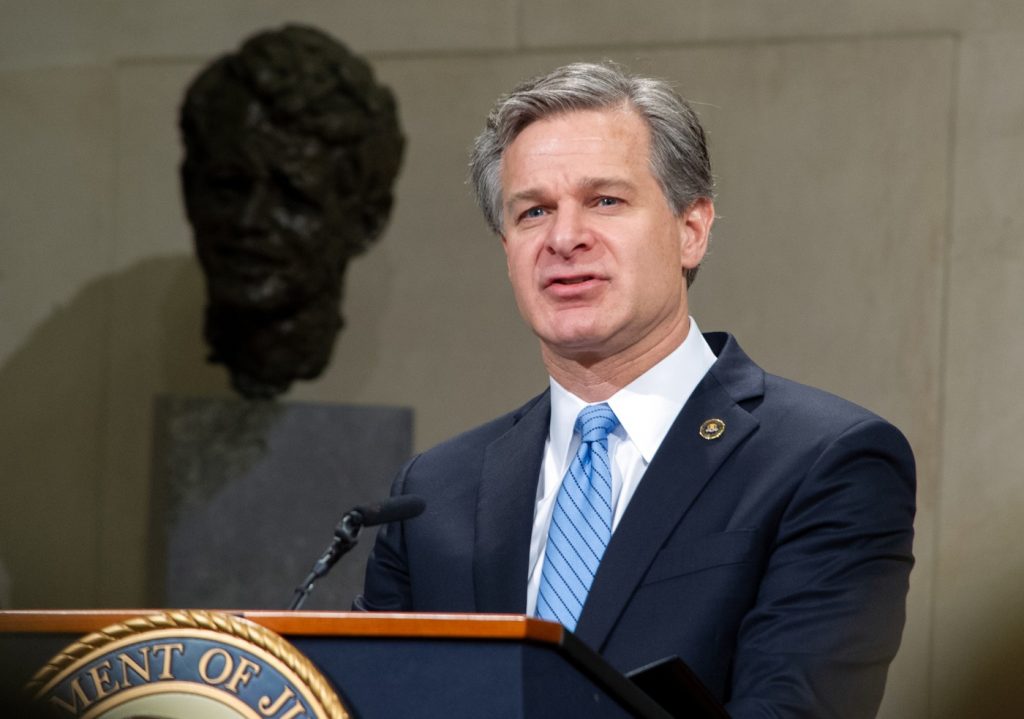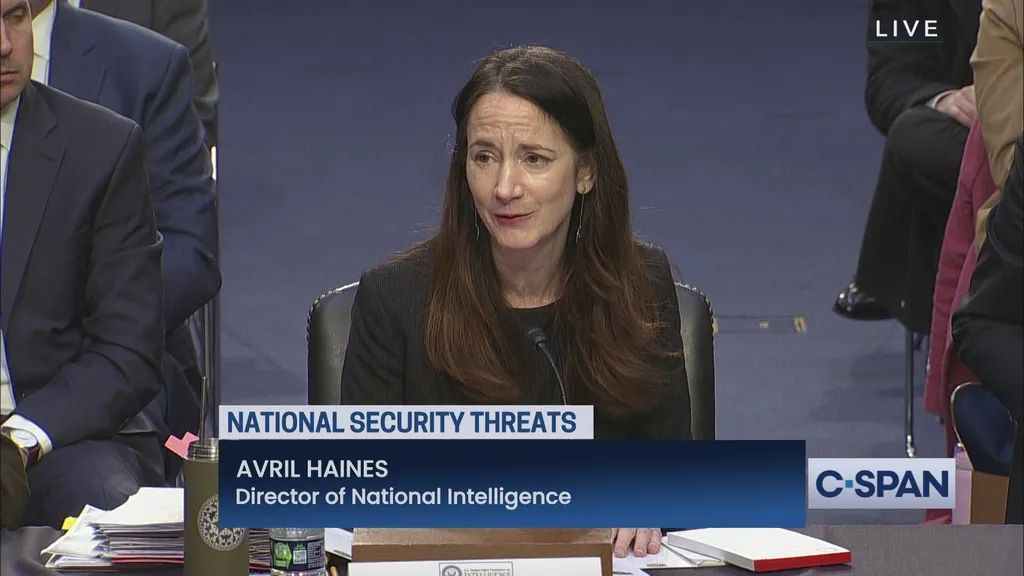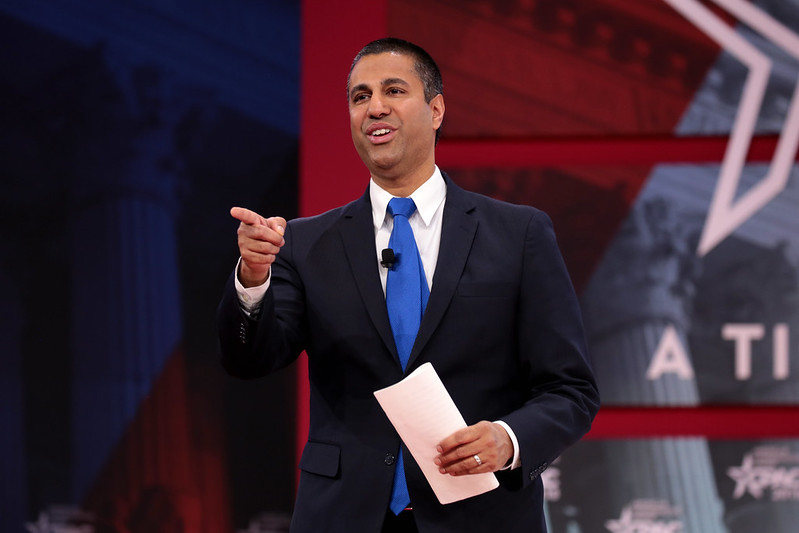“Government self-policing will never be an adequate substitute for the Fourth Amendment’s warrant requirement,” said one expert as U.S. lawmakers consider whether to reauthorize or reform Section 702.
By Jessica Corbett. Published 7-22-2023 by Common Dreams

Privacy advocates renewed calls for swift congressional action to rein in warrantless spying on Americans following the Friday release of documents showing U.S. law enforcement’s further misuse of a powerful surveillance tool.
“These disturbing new revelations show how Section 702 surveillance, a spy program the government claims is focused on foreign adversaries, is routinely used against Americans, immigrants, and people who are not accused of any wrongdoing,” said Patrick Toomey, deputy director of the ACLU’s National Security Project, in a statement.
Continue reading









